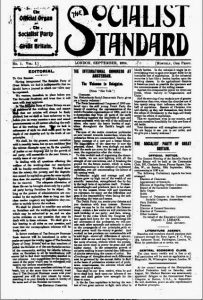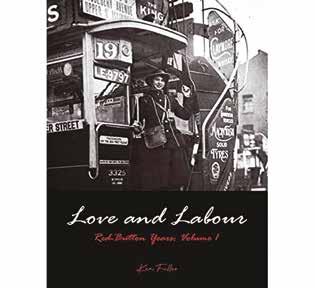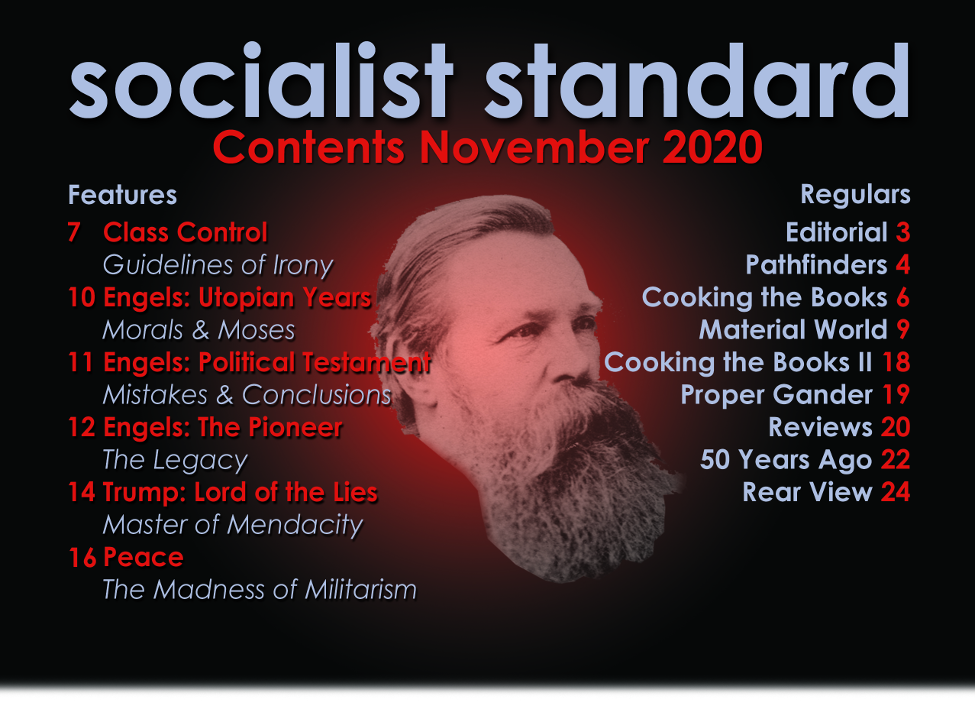
No. 1395 November 2020 PDF Version
|
|
Regulars |
||
|
|
Features
Socialism or Nationalism?
The left nationalists replace the principle of international class struggle with the doctrine of international struggle between states. As a result ‘socialism’ has become associated with militant nationalism rather than with the working-class internationalism it had originally been. The political struggle they present as a struggle is not between the working class and the capitalist class, but as a struggle of ‘patriots’ – workers and capitalists together – against foreign rule and domination. Read
Engels as Utopian Socialist
Engels became a socialist some time in 1842 after coming into contact with supporters 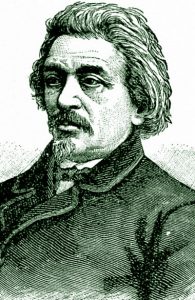 of Robert Owen in Manchester. He contributed to their paper The New Moral World and was interested in their scheme to establish a network of communistic colonies. He was also aware of other groups in France with similar ideas. He was what he himself would later call a ‘utopian socialist’, which was not meant as a criticism of their aim but of why and how they saw socialism coming about.
of Robert Owen in Manchester. He contributed to their paper The New Moral World and was interested in their scheme to establish a network of communistic colonies. He was also aware of other groups in France with similar ideas. He was what he himself would later call a ‘utopian socialist’, which was not meant as a criticism of their aim but of why and how they saw socialism coming about.
In February 1845 he took part in a campaign organised by Moses Hess to popularise the idea of communism in their native part of Germany, now the city of Wuppertal. As part of this campaign a series of three meetings was held in Elberfeld. Engels spoke at two of them. In the first, on 8 February, he set out the case against ‘present-day society’ and for replacing it by communism. Read
Engels’s Political Testament
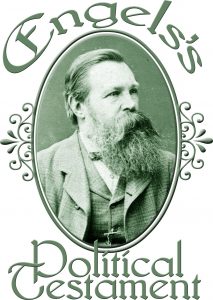 Engels died in August 1895. One of his last published writings was an introduction to Marx’s The Class Struggles in France 1848 to 1850, a collection of articles written by Marx at the time. Its content is such that it can be regarded as his political testament.
Engels died in August 1895. One of his last published writings was an introduction to Marx’s The Class Struggles in France 1848 to 1850, a collection of articles written by Marx at the time. Its content is such that it can be regarded as his political testament.
Reviewing the political position that he and Marx had then taken up, Engels wrote that ‘history has shown us to have been wrong, has revealed our point of view at that time to have been an illusion.’ Read
Engels, pioneer socialist
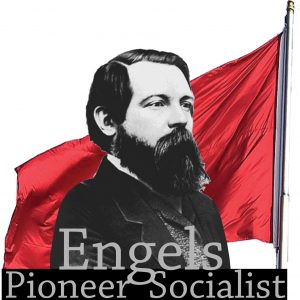
Friedrich Engels was born two hundred years ago in November 1820 in what is now called Wuppertal in Germany. He was the eldest son of a textile capitalist. Engels was trained for a career as a merchant, but in 1841 he went to Berlin and became closely involved with the Young Hegelians, a group of left-wing philosophers with whom Marx had also been involved. While in Berlin he did his military service in an artillery regiment, and for the rest of his life he took a keen interest in military matters. Later on, in the Marx household he was known as ‘The General’ and in the socialist movement as ‘Marx’s General’. In 1842 Engels became a socialist – before and independently of Marx – and went to Salford to work in his father’s business. Read
Trump and lying as a tactic
 The reign of President Trump in the United States has been characterised by open deceit. Many of his opponents berated the media for not calling his lies outright lies, but even when they have, it has not scratched the levels of support he possesses among his millions of followers. A recent example was following the revelations, in the Bob Woodward recorded interviews, that Trump had tried to downplay the seriousness of Covid 19, while knowing full well the danger it posed (as he later found to his cost). His team’s response was to announce that Trump had never played down the seriousness of Covid, despite him – on tape – saying he would and the plethora of public statements that can demonstrate that he did. That does not matter, they are sticking by the lie. Read
The reign of President Trump in the United States has been characterised by open deceit. Many of his opponents berated the media for not calling his lies outright lies, but even when they have, it has not scratched the levels of support he possesses among his millions of followers. A recent example was following the revelations, in the Bob Woodward recorded interviews, that Trump had tried to downplay the seriousness of Covid 19, while knowing full well the danger it posed (as he later found to his cost). His team’s response was to announce that Trump had never played down the seriousness of Covid, despite him – on tape – saying he would and the plethora of public statements that can demonstrate that he did. That does not matter, they are sticking by the lie. Read
Peace? In Capitalism?
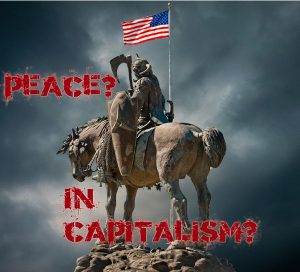 To mark the retirement earlier this year of David Krieger, founder and director for 38 years of the Nuclear Age Peace Foundation (NAPF), The Spokesman published a special issue, Waging Peace. The Spokesman itself is a publication of the Bertrand Russell Peace Foundation which was founded in 1963. The general aim of both these foundations is that of maintaining peace in a nuclear era world and to work to bring about the reduction, if not total abolition, of nuclear weapons. Read
To mark the retirement earlier this year of David Krieger, founder and director for 38 years of the Nuclear Age Peace Foundation (NAPF), The Spokesman published a special issue, Waging Peace. The Spokesman itself is a publication of the Bertrand Russell Peace Foundation which was founded in 1963. The general aim of both these foundations is that of maintaining peace in a nuclear era world and to work to bring about the reduction, if not total abolition, of nuclear weapons. Read
Reviews |
|||
|
November 2020

